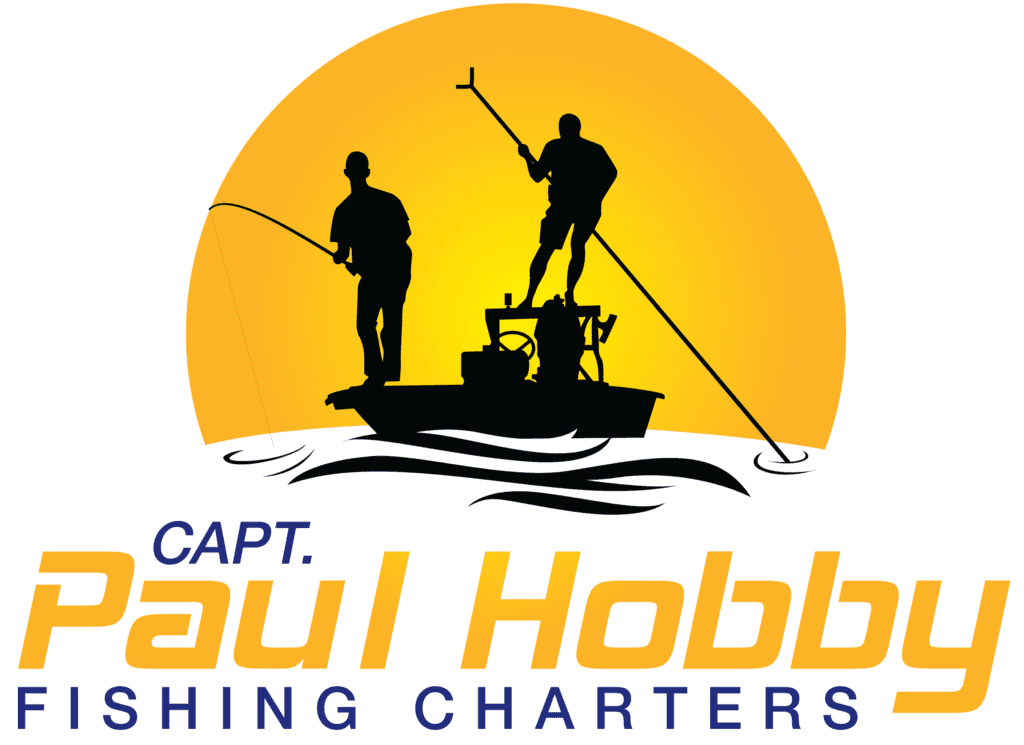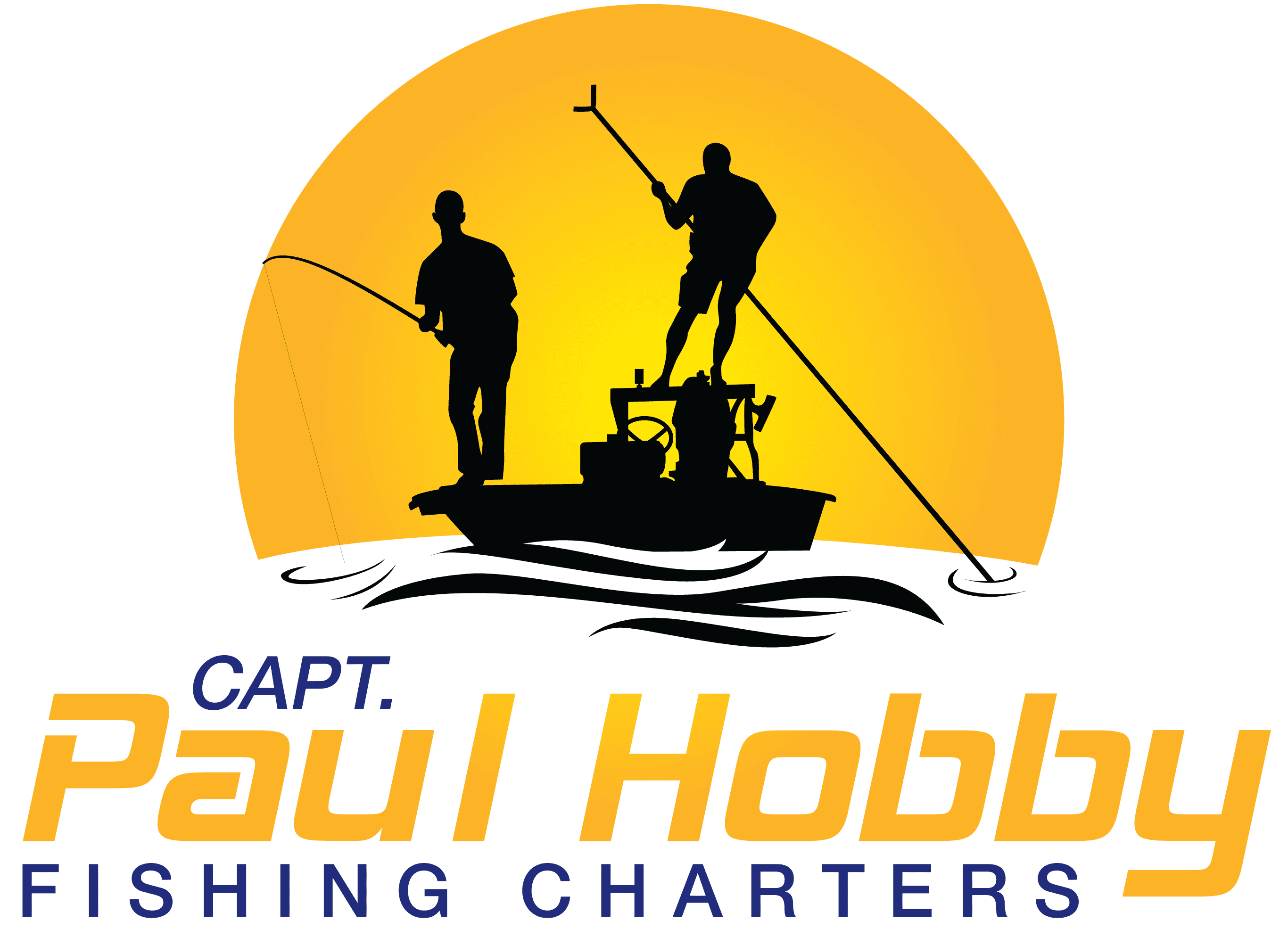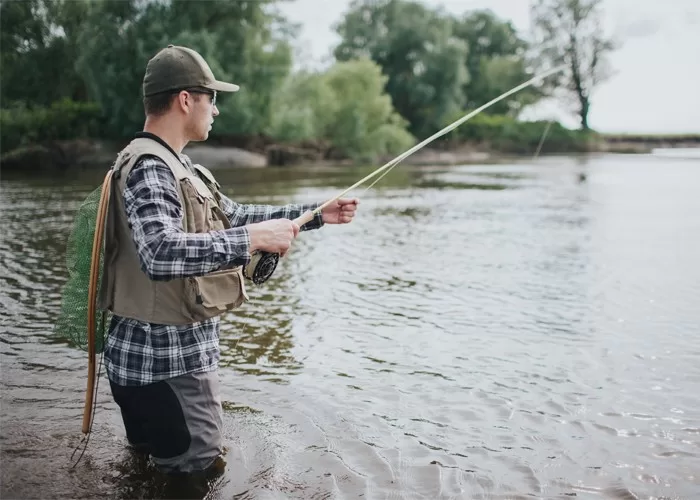If you’ve ever thought about trying fly fishing, you might wonder how some anglers seem to know exactly where the fish are hiding. Fly fishing in Fort Myers offers the perfect opportunity to learn these skills. It’s not luck, it’s skill, honed over years of observation and practice. A good guide can teach you how to read the water, notice subtle signs, and understand fish behavior so you feel confident on your first outing. With the right guidance, even beginners can enjoy productive and exciting trips.
Spotting Fish Before You Cast
Reading water starts with observation. Guides teach anglers to look for patterns and clues, such as:
- Shadows or ripples indicating movement beneath the surface
- Birds are diving or hovering near certain spots
- Vegetation changes along shallow flats or creek edges
For example, a guide might point out how a slight shimmer near mangroves can reveal hiding speckled trout. Observing patiently before casting improves your chances and makes the experience more satisfying.
Understanding Currents and Tides
Fish behavior often changes with water flow. Experienced guides show how tides, currents, and temperature influence where fish tend to stay. Beginners often overlook these details, yet they can make a huge difference in landing your first catch.
- Shallow flats may hold fish waiting for bait to drift
- Creek mouths often become feeding hotspots during incoming tides
- Bays can concentrate fish in specific pockets depending on the wind
This knowledge allows you to plan casts smartly, reducing frustration and increasing success.
Learning from Real Examples in the Field
While exploring fly fishing in Sanibel Island, guides often share stories or demonstrate techniques on the water. You’ll notice subtle cues: how a trout reacts to a fly, how it hides near certain shadows, or where a redfish prefers to feed. By seeing these cues in real time, you start connecting theory with practice.
- Observe fly placement and retrieve speed
- Note how fish respond to changing conditions
- Adjust your approach based on the guide’s feedback
These lessons create a foundation that improves every outing, building both skill and confidence.
Practice Makes Perfect, With Guidance
Even the best anglers started as beginners. A guide helps you practice casting, spotting fish, and understanding water behavior without the stress of learning alone. Small improvements, reinforced by professional tips, quickly add up.
- Short, accurate casts before attempting long distances
- Smooth movements to avoid spooking fish
- Switching flies or targeting spots when fish aren’t biting
Enjoy the Experience, Not Just the Catch
Guides emphasize that fishing is also about enjoyment. Observing dolphins, manatees, stingrays, and countless birds near you adds excitement and connection with nature. Laugh at mistakes and savor small victories; they’re part of learning.
End Summary
Learning to read water like a pro takes guidance, patience, and practice. For those interested in fly fishing in Fort Myers, Capt. Paul Hobby Fishing Charters provides expert instruction, personalized for every skill level. With top-quality equipment, insider tips, and hands-on support, your trip becomes not just a fishing outing but a memorable adventure. Book your charter today, and see how a seasoned guide can transform your fishing skills and confidence on the water.
Frequently Asked Questions
- What skills do guides teach for reading water during fly fishing in Fort Myers?
- Guides teach anglers to observe water patterns, spot fish signs, and understand fish behavior to improve success on the water.
- How do tides and currents affect fish locations?
Fish often respond to changes in tides, water flow, and temperature. Guides explain where fish are likely to gather during different conditions.
- What should beginners look for when spotting fish?
Beginners are taught to notice shadows, ripples, diving birds, and changes in vegetation along flats and creek edges to locate fish.
- How can learning on-site in Sanibel Island improve my fly fishing skills?
Guides provide real-time examples, demonstrating fly placement, retrieve speed, and fish reactions, helping beginners connect theory with practice.
- Why is it important to enjoy the experience, not just the catch?
- Observing wildlife like dolphins and manatees, laughing at mistakes, and appreciating small victories makes learning enjoyable and less stressful for new anglers.



fb77705app
Just downloaded the fb77705app, and man, it’s smooth! Seems pretty legit so far. Fingers crossed for some wins! Check it out fb77705app.
7win9game
Heard about 7win9game so I checked it out. Looks pretty legit, decent selection of games. Anyone else played here before?
taya777 download apk
Just downloaded the Taya777 APK. Installation was a breeze. Hope the games are as smooth as the download! You should also try taya777 download apk
Hamilton1222
Refer customers, collect commissions—join our affiliate program!
pgbetcasino
Pgbetcasino has a good selection of slots. I’m always on the lookout for new games, and they seem to keep things fresh. Solid choice for some casual gaming. Check it out: pgbetcasino
local777
Local777 is a cool spot for some local fun. It’s got a real community vibe, which makes it stand out. Worth checking out if you’re looking for something different. Here’s the link: local777
mango777casino
Mango777casino has a vibrant feel, you know Totally fun. The payouts seem fair so far. I’ll definitely be back for more. Find them here: mango777casino
Johnny3395
Get started instantly—earn on every referral you make!
Adria1567
Claim 5% Rebate and Exclusive Bonuses on AsterDEX https://is.gd/CGTnqR
Wayne1597
https://shorturl.fm/wLYVX